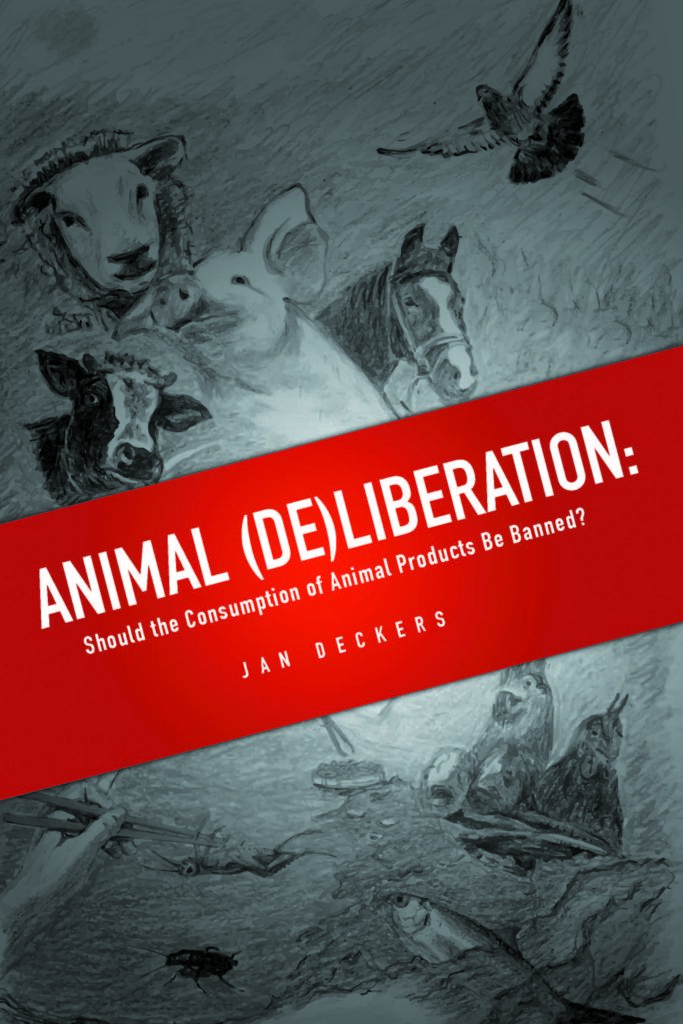In the 2015 Paris Agreement, 196 countries pledged to limit global warming to below 2 degrees Celsius, and preferably to 1.5 degrees Celsius, compared to pre-industrial levels. To achieve the latter goal, countries’ total emissions would need to be reduced by some 45% in 2030 compared to levels in 2010. The COP 26 meeting at Glasgow provided an opportunity to develop a strategy to achieve this, but it failed to do so. Consequently, we are not on track to meeting the Paris Agreement goals.
Part of the problem is that nations hardly consider agriculture in climate policy. However, it is clear that, without radical action in the agricultural sector, the goals of the Paris Agreement cannot be met. Even if fossil fuel emissions were halted immediately, current trends in global food systems would prevent the achievement of this target.
In many, but by no means all situations, producing foods derived from the bodies of animals is the most polluting and resource-intensive way to produce food. In light of this situation, the development of sound policies that facilitate a transition towards a predominantly vegan agriculture is long overdue. So, what should we do as individuals, in a climate where strong action from policy-makers is lacking?
Suggestions that individuals may wish to consider
Whilst this is a difficult question, I believe that the following suggestions are worth serious consideration:
- People who can live healthily without consuming animal products should do so, provided that the positive socio-ecological impacts of adopting vegan diets outweigh those of any other diets that they might adopt. I discuss this point more fully in this book:

- Initiatives that aim at internalising all the negative impacts of animal products should be launched and supported, either by forcing those who produce such products to clear up the mess themselves or by ensuring that any taxes that are generated are used to do so.
- Any nations that decide to tax animal products should simultaneously implement legislation to prevent imports from nations that fail to internalise all costs of animal products.
- People should support initiatives that research how a transition towards a predominantly plant-based global agricultural system would help us to mitigate the climate crisis.
- The Paris Agreement’s preamble and the International Labour Organisation’s standards should be followed to ensure that the transition is just and does not jeopardise the well-being of any human beings. Agricultural workers and the broader communities affected by the economic restructuring should be supported adequately.
- Relatively affluent nations, including countries with high per capita agricultural emissions, for example the United Kingdom, the 27 nations of the European Union, Australia, New Zealand, and the U.S.A. should take the lead on this transition and should support less affluent nations.
- Support the Plant Based Treaty.
- If you live in the UK, ask your MP to sign Early Day Motion 434, which puts dietary change at the forefront of climate action and asks for Parliamentary debate on the issue.
- Support a Food Sustainability Bill and analogous legislation in other countries.
- Demand that all public sector eateries include vegan options on the menu, following the example of the Portuguese Government.
- Support organisations that want to forge change, for example the Vegan Organic Network.
Finally, I would like to invite readers of these blog posts to contact me to share their views on these matters.
